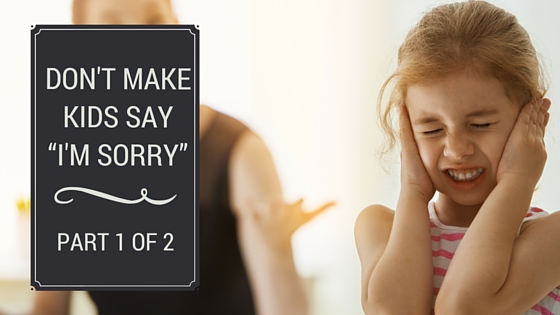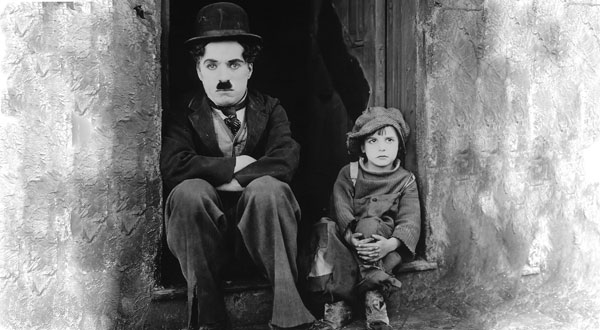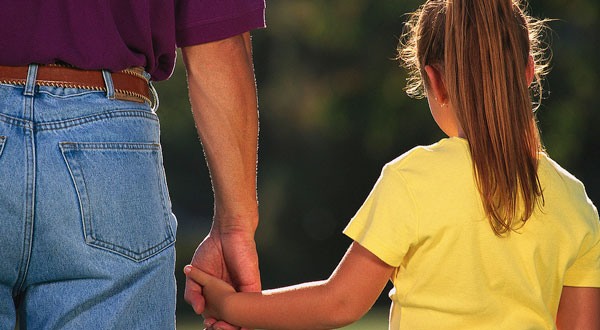Lots of times children will spontaneously apologize–without being asked to.
They know that they hurt someone, and saying, “I’m sorry” is the polite thing to do, so they say it.
Happy ending!
But what if a child doesn’t say, “I’m sorry” when you think he should? Do you make him?
We say “No”.
(If this sounds radical, bear with us here. It’ll all make sense if you read on.)
We hold a belief that (even with small children) most of the time kids know when to say, “I’m sorry” . They’ve seen us role model it–sometimes a lot.
So what do you do if your child doesn’t say, “I’m sorry”?
If a child doesn’t spontaneously apologize then there is something else happening for him and he doesn’t feel bad–in which case–making him say, “I’m sorry” is asking him to lie.
When a child doesn’t apologize to another child/adult that she’s hurt, there are 4 basic categories that she can fall into:
The “Unaware” Child:
She doesn’t realize that she’s done anything wrong, because she didn’t notice what impact her actions had.
For example, a toddler digging in the dirt wildly, sand flying all over. She doesn’t know that there is a boy behind her and, without any awareness of it, she gets sand in his eyes. Asking her to apologize would be confusing to her.
More than a forced apology, this child can benefit from you teaching her about what happened, so she can make sense of the situation. Once she understands the situation she will probably know how to respond. (We’ll cover how to teach what happened in Part 2).
The “Young Child”:
The ability to understand the perspective of another person doesn’t start developing until children are around 3 years old and it continues to develop for years!
A young child who takes another child’s toy may not developmentally understand that she caused the other child pain. Just like with the “unaware” child, asking her to apologize would be confusing to her.
More than a forced apology, this child can benefit from you teaching her about what happened, so she can make sense of the situation. Once she understands the situation she will probably know how to respond. (We’ll cover how to teach what happened in Part 2).
The “Sensitive” Child:
She already feels horrible; she’s done something she regrets and she’s blaming herself. It’s just too painful to say, “I’m sorry”–that’s admitting she hurt someone she cares about.
In our experience with working with children of many ages, being “sensitive” is especially common in children who appear to have a hard exterior. “Sensitive” children feel things very deeply, under their often hard outer layer. If you tell her to apologize when she’s already feeling horrible she might not be ready, she could get defensive, and shut down.
What to do? Use an alternative way to reconnect (we’ll cover these in Part 2) that will help her with what she really wants–a way to repair the friendship.
The “Justified” Child:
She understands that she caused someone pain and she feels justified (“I hit him because he took my toy”). Forcing her to apologize–when she doesn’t feel sorry–is asking her to lie.
Forcing her to apologize while she’s feeling justified will only cause her to stand her ground more firmly, to conclude that you don’t understand her (“Why should I apologize he took my toy?!”) and escalate the situation.
She will be able to repair the friendship after you teach her to understand the other child’s perspective (just like the “Young” child), AND learn more productive ways to solve her problem (e.g. using talking rather than hitting) AND express to her that you see her pain too (as well as the pain of the other child). Once she has those she will either spontaneously apologize or use alternative ways to reconnect. (Again, we’ll cover how to do this in Part 2).
So with a little nervousness in my stomach, I just have to ask…
What do you think?
Please leave us a comment whether you agree or not. Do you have a question? We’re looking forward to hearing your voice in the conversation.
Also, watch for Part 2 where we will give you some effective alternatives to making kids say, “I’m sorry.”










Yes! Agreed we want to “save face” becuase our ego has gotten in the way, we are feeling embarrassed or incompetent, and if we have an audience (other adults) it’s so much harder. Keep up the good work, Vanessa!
My son will be three in April and reading this opens me to the idea that he is possibly a “sensitive child”?? He just last week threw a minuture street cone (the kiddies kind) at my mother-in-law, out of the blue. I immediately jumped on the apologize band wagon and he shut down that when I insisted he said to me “I can’t” and kind of shelled back into himself. I’ve never really thought of him as a “sensitive child” as he is the epitome of a boy! He’s rough, he tough, he’s loud, he’s fast, he’s quiet independent and strong willed too!
A little more info about dealing with a “sensitive child” would be greatly appreciated!
Great question, La-Rochelle! In my experience–without any scientific studies to back me up–all children will choose each of these ways to respond at different times AND some kids will tend toward using a particular style. If your son was “sensitive” in this situation he might not be in all situations when there is a conflict. He could have also been a “justified” child in that moment, trying to “right a wrong” that only he saw/experienced. The important thing is to try to figure out the underlying reason he threw the cone, understand that part (you don’t have to agree with him throwing the cone, just understand his “good” reason), then he will feel better and he’ll know what to do OR you can help him figure out how to reconnect with grandma. And, yes, a child can be “sensitive” even if they are loud, fast, and strong willed. :)